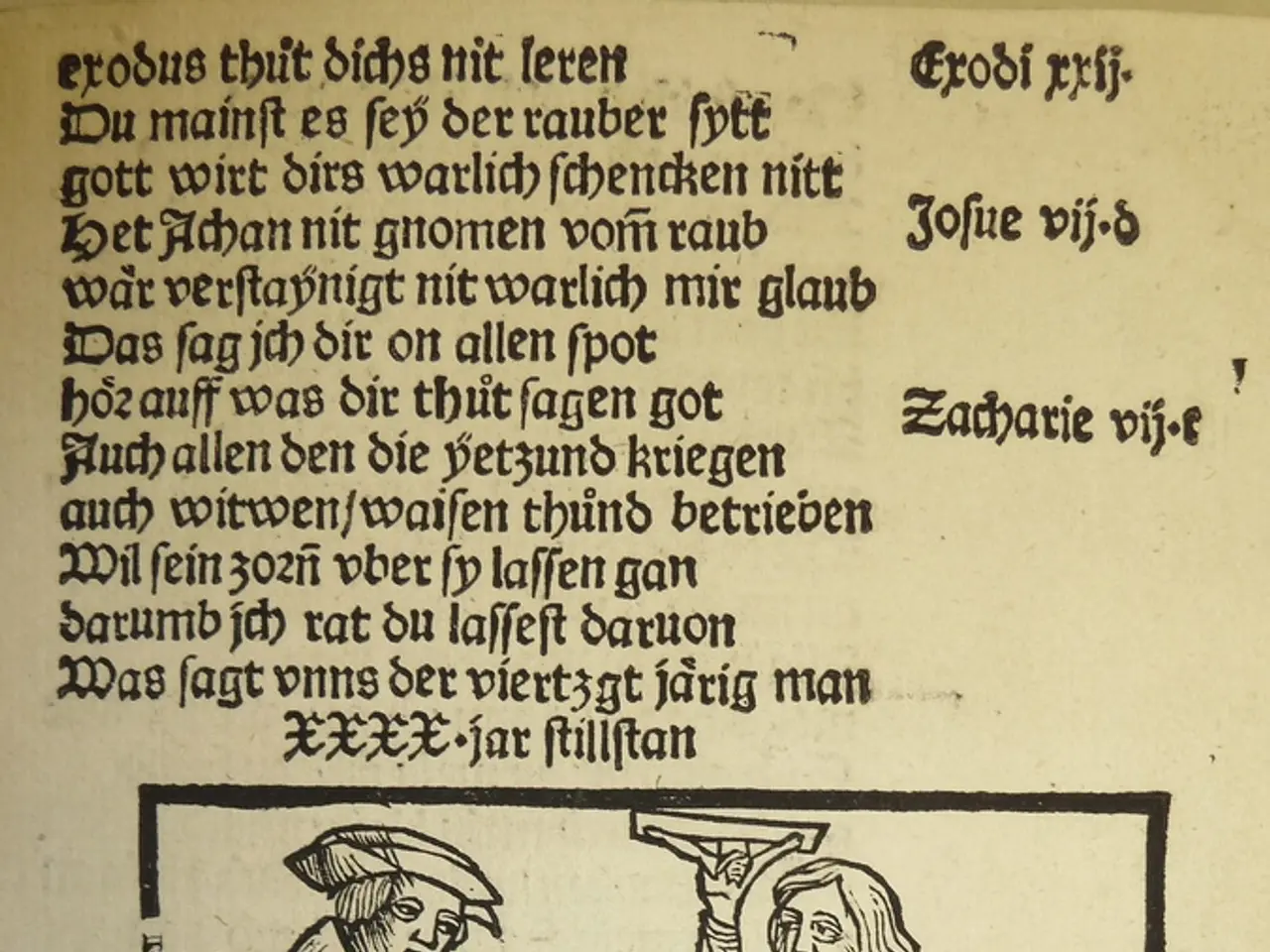Global language Pidgin deemed 'lingua franca' by NOUN professor
In a historic event held at the National Open University of Nigeria (NOUN) Conference Centre, Jabi, Abuja on August 19, 2025, Professor Christine I. Ofulue delivered the university's 35th inaugural lecture with the theme: "Reclaiming Marginalised Voices: Intersections of Diversity and Educational Spaces."
Professor Ofulue, a renowned Professor of Linguistics at NOUN, emphasised the significance of indigenous languages in the face of English being the language of formal education and administration. She pointed out that many minority languages face endangerment, policy neglect, and declining intergenerational transmission.
Nigeria, Africa's most linguistically diverse nation, boasts around 540 distinct languages, belonging to three major language families: Afro-Asiatic, Nilo-Saharan, and Niger-Congo. One of these languages, Nigerian Pidgin, serves as the heart of the linguistic landscape in the country, spoken by 100 to 120 million people, making it the 14th most spoken language globally.
Professor Ofulue highlighted the evolution of Nigerian Pidgin from a colonial era trade code into a pan-Nigerian lingua franca, symbolising both urban identity and national belonging. She commended its role in daily communication, creative expression, and social bonding.
During her lecture, Professor Ofulue proposed several strategies to reclaim marginalised voices and reposition indigenous languages. She suggested promoting multimedia content in indigenous languages to meet learners in digital spaces. She also recommended standardising terminology for marginalised languages and developing glossaries for digital, technical, and educational fields through expert user partnerships.
In a bid to digitise indigenous knowledge systems, Ofulue proposed digitising these languages as a means to reposition them. She also suggested building learning analytics systems for actionable data and developing glossaries for digital, technical, and educational fields through expert user partnerships.
The Vice-Chancellor of NOUN, Professor Olufemi Peters, commended Ofulue for her insightful lecture, even speaking in pidgin while praising her, which attracted cheers and applause from the audience. The Deputy Vice-Chancellor, Administration, Prof. Isaac Butswat, also commended Ofulue for educating the audience more on the evolution of Nigerian Pidgin.
Ofulue concluded by suggesting comparative studies within African contexts as a means to reclaim marginalised voices. She encouraged robust, strategic, and locally grounded research agendas to ensure that these marginalised voices are not lost in the sands of time.
This lecture serves as a reminder of the importance of indigenous languages in Nigeria and the need to preserve and promote them in the digital age.








